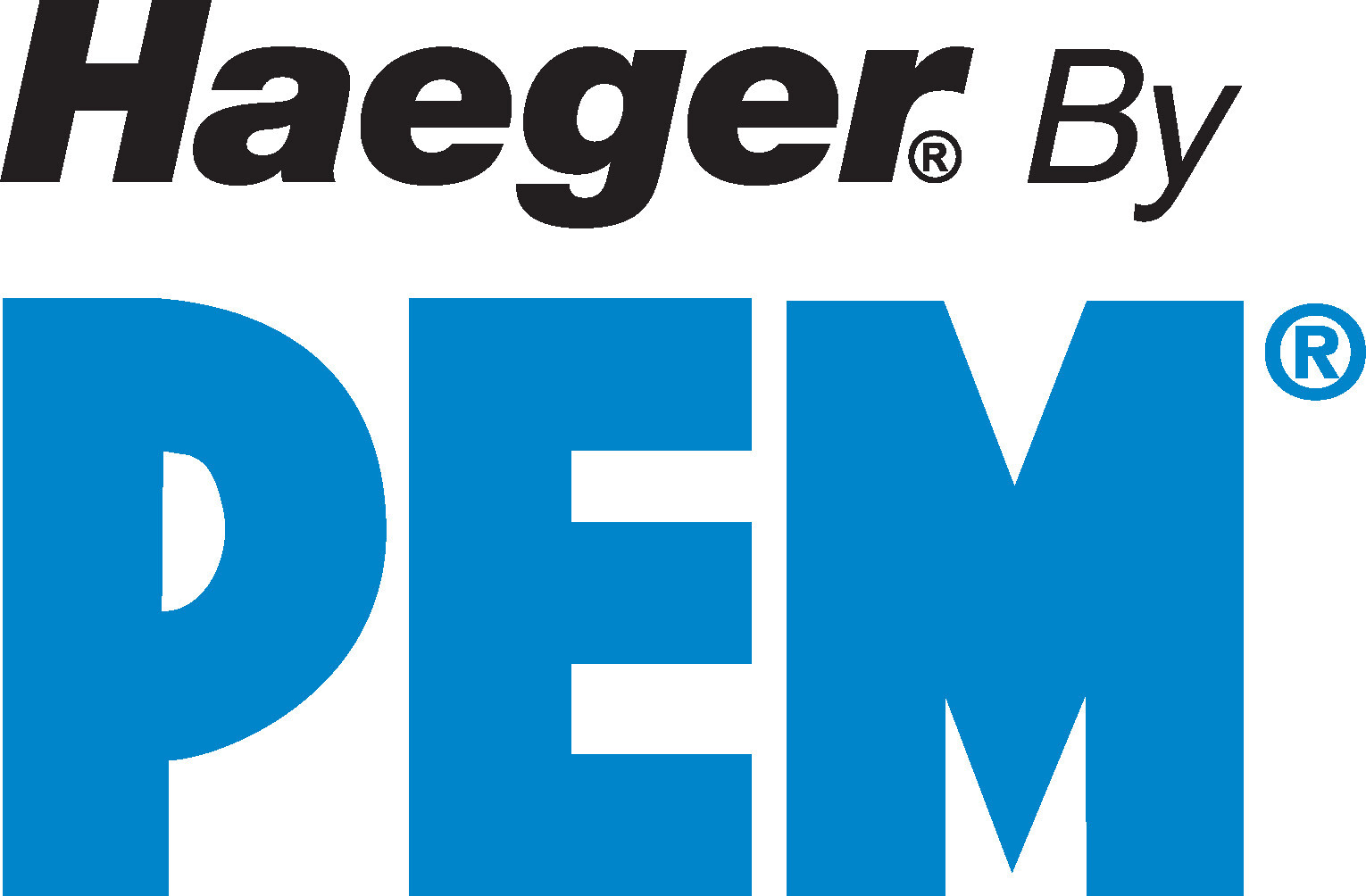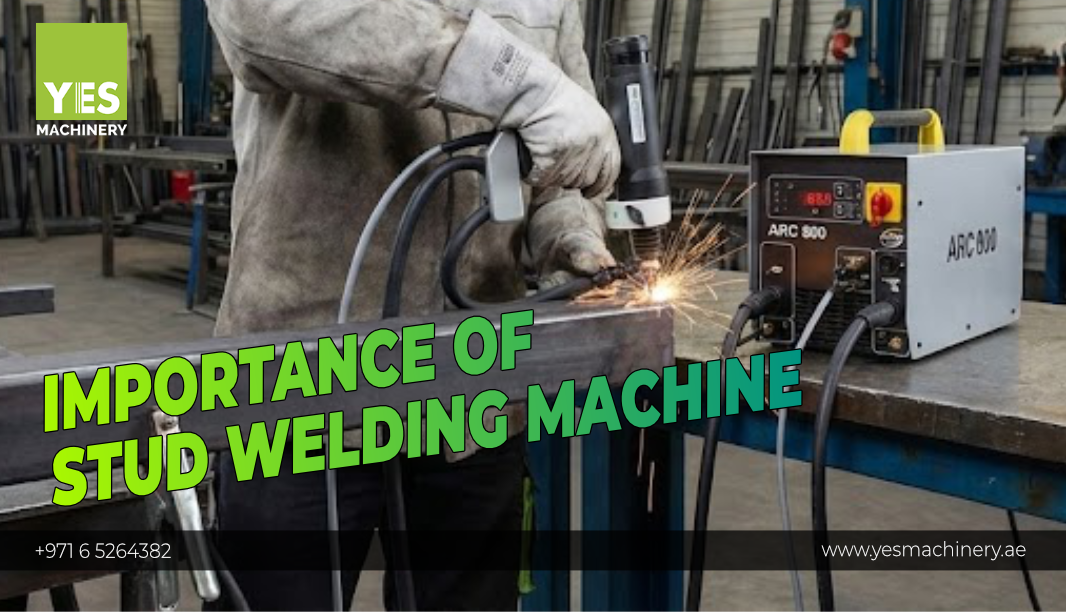
All You Need To Know Of Laser Welding Machine
- Category Welding
Although there are a lot of laser welding devices available, not all of them are made equally. When trying to buy a laser welder for your business, it's critical to know what questions to ask potential buyers. Frequently asked concerns concerning laser welding devices and associated subjects are addressed in this blog post.
What are the Advantages of using a Laser Welding Machine?
There are several advantages that laser welding machines have over conventional welding techniques. Among the main advantages are:
Enhanced Acuracy and Precision — Laser welders are able to create extremely accurate welds, which is crucial in high-precision applications.
Decreased Heat Input: Compared to conventional welding techniques, laser welding produces less heat input, which helps to prevent melting or harming the materials being welded.
Quicker Processing Times: Compared to conventional welding techniques, laser welders can process materials far more quickly. They are therefore perfect for settings involving enormous volumes of production.
Less Sparks and Fumes: Compared to conventional welding techniques, laser welders produce a great deal less sparks and fumes, which makes them safer to operate.
Less Environmental Impact: Since laser welders generate less waste, your business's overall environmental imprint may be smaller.
What are the Laser Welding Machines' Limitations?
While laser welding machines offer numerous advantages over conventional welding techniques, it's important to consider the drawbacks before making a purchase. Several of the primary restrictions consist of:
High initial cost: Compared to various other forms of metal joining equipment now available on the market, laser welder systems usually have greater upfront prices. Compared to enterprises that choose more economical alternatives, it could take longer for those utilizing laser welders to realize a return on investment because of these high expenses.
Restricted material compatibility: Be sure the laser welder you're contemplating includes a list of materials that are compatible with it. Laser welding can only be done on a limited number of materials.
Restricted range: Because laser welding equipment has a smaller working range than conventional welding techniques, they might not be appropriate for all applications.
Difficulty producing high-quality welds: In certain situations, laser welders can be difficult to use and yield high-quality welds. To get the most out of these devices, experience and practice are necessary.
What Are The Typical Applications For Laser Welding?
Laser welding is often used for applications that require precision, speed, and reduced heat input. Some of the most common applications include:
Producing medical devices: Catheters and surgical instruments are among the many items that laser welders are commonly used to laser-weld.
Welding thin materials: Compared to traditional methods, laser welding is frequently chosen for welding thinner metals because laser beams may pass through some types of metal more readily, greatly accelerating the process.
Combining dissimilar metals: Because laser welders can accurately manage heat throughout the whole process without overheating or harming the material being processed, they are perfect for combining two distinct types of metal together.
Does Laser Welding Raise Any Issues About Safety?
When utilizing a laser beam welding machine in your business, it's critical that you take the necessary safety precautions because there are certain associated hazards. Among the main safety issues are the following:
- Eye damage: If laser welders' intense light beams are not adequately shielded, they could result in severe eye injuries. When utilizing a laser welder, always use laser safety eyewear.
-Burns: If laser welders are not used properly, the high heat they produce can result in severe burns. Before utilizing a laser welder at your place of business, make sure you understand how to use one safely.
How Challenging Is It To Operate A Laser Welding Machine?
Gaining the most out of laser welding machines requires considerable effort and skill, as they are more complicated to use than traditional welding processes. It's a high learning curve if you're new to laser welding. However, you may use laser welding devices to create high-quality welds if you have a little patience and persistence.
Laser welding VS Traditional welding
Compared to conventional welding techniques, laser welding has numerous advantages, such as:
-Decreased heat input: Compared to conventional welding techniques, laser welders produce a great deal less heat, which makes them safer to operate.
- Fewer sparks and fumes: Compared to conventional welding techniques, laser welders produce a great deal less sparks and fumes, which makes them safer to operate.
-Lower environmental impact: Since laser welders generate less waste, your business's overall environmental impact may be lessened.
How Much Time Does It Take For Laser Welders To Make A Profit?
Because laser welding devices can be costly, it's crucial to consider the entire cost of ownership before making a purchase. Because they require less maintenance and are more productive than older methods, laser welders usually pay for themselves in three years.
Working of Laser Beam Welding Machines
It can be confusing if you're unfamiliar with this technology because there are currently many different kinds of laser beam welding machines available. The following is a quick rundown of how laser beam systems operate:
-Preheating is typically the initial step. Some laser welder models "preheat" using inert gas or plasma arcs, while others only utilize electricity.
- The materials are then either directly or indirectly welded together using the laser beam.
Which Laser Welding Machine Distributors Can You Rely On?
YES Machinery is a renowned distributor and distributor of welding supplies, consumables, software, and technical services to a wide range of sectors in the Middle East. They focus on laser processing equipment for industrial manufacturing operations like drilling, welding, engraving, and marking.
It's crucial to conduct research before purchasing a laser welder in order to select the model that best suits your requirements.
Which Materials Are Suitable For Laser Welding?
A wide range of materials can be welded by laser beam welding devices, including:
-Mild steel: the most popular material for laser welders to work with because it's generally simple to weld with excellent results
-Stainless steel: Welding stainless steel can yield spectacular results if done correctly, but it is more challenging than mild steel.
-Aluminum: Due to its softer nature and propensity for warping, aluminum presents a challenge when it comes to laser welding.
-Copper: Although copper is a soft metal that can be challenging to weld, when done well, the results can be stunning.
What Are Some Of The Most Typical Errors Made By Users Of Laser Welding Machines?
The following are the top four errors people make when using a laser welding machine:
-A lack of heat: this results in welds that are poorly done and have a lot of porosity.
-Overheating the materials: the materials that will be welded will result in excessive melting and distortion.
- Improper placement of the components being welded: If the components are not positioned correctly, laser beams may inadvertently cause heat damage.
- Not utilizing the proper laser welding equipment for the job: Since each laser welder is made for a particular purpose, be sure you're employing the correct one for your project.
What Factors Should I Take Into Account Before Making A Laser Welding Machine Purchase?
There are a few things you should consider before buying a laser welding machine:
- The material or materials you plan to weld; each type of laser welder is intended for a certain purpose, so be sure you're using the appropriate one for the job.
- The size of the laser welder required: Depending on the industry you operate in and the quantity of materials that need to be processed simultaneously, laser welders come in a variety of sizes and capacities. Certain laser welding equipment can even process more than one material at once.
What Is The Price Of A Laser Beam System?
Prices for laser welding machines vary greatly based on various factors such as type, brand, model, wattage output, etc. However, in general, laser systems are much more expensive than traditional welding techniques because they require expensive laser technology components that need to be stable over long periods of time. Additionally, a lot of manufacturers provide financing choices, which, if needed, can help reduce monthly expenses.
How Can Laser Welding Machines Help Manufacturers Save Money?
Because laser beam systems are more accurate and faster than previous methods, they are becoming increasingly widely used in a variety of industries. For instance, compared to traditional welding equipment, laser welding technology enables users to finish projects more quickly, resulting in less time spent on the job site. Because fewer workers are required for laser welder setup and operation, it also lowers labor expenses. This results in lower costs for worker compensation insurance premiums. The list is endless!
What Safety Measures Need To Be Followed When Utilizing Laser Welders?
When using laser welders, there are a few safety measures that must be taken, just like with any other kind of welding equipment. Some essential considerations are as follows:
- Verify that you are donning the proper personal protective equipment (PPE), such as gloves, eye protection, and skin-covering clothes.
-For laser beam systems, always abide by the safety instructions provided by the manufacturer.- Maintain a safe distance between laser welding machines and other workers as well as bystander
- Maintain a safe distance between laser welding machines and other workers as well as bystanders.
What Are Some Typical Applications Used In The Laser Welding Industry?
There are several industrial uses for laser beam systems, some of which are included below:
- Automotive manufacturing: Strict quality criteria can be met by laser welders to produce robust, long-lasting car parts.
- Manufacturing of medical devices: Laser technology is extensively employed in the medical industry, where it is frequently utilized to create precise cutting tools for surgeons, such as scalpels. It is also frequently utilized on implants like pacemakers and stents, which are manufactured using titanium metal alloys and demand extremely precise manufacturing.
Conclusion
It's crucial to abide by the standard safety regulations for welding equipment in addition to being aware of the unique risks related to laser welders. As an illustration-If unprotected eyes are subjected to a laser beam, it can result in either temporary or permanent blindness.Keep your work area thoroughly ventilated at all times. Laser beams have the potential to ignite gasses and dangerous materials. Having said so, using the latest laser welding technology in your job will definitely enhance productivity and provide you with return on investment.
Related Blogs




Search
Latest Blog
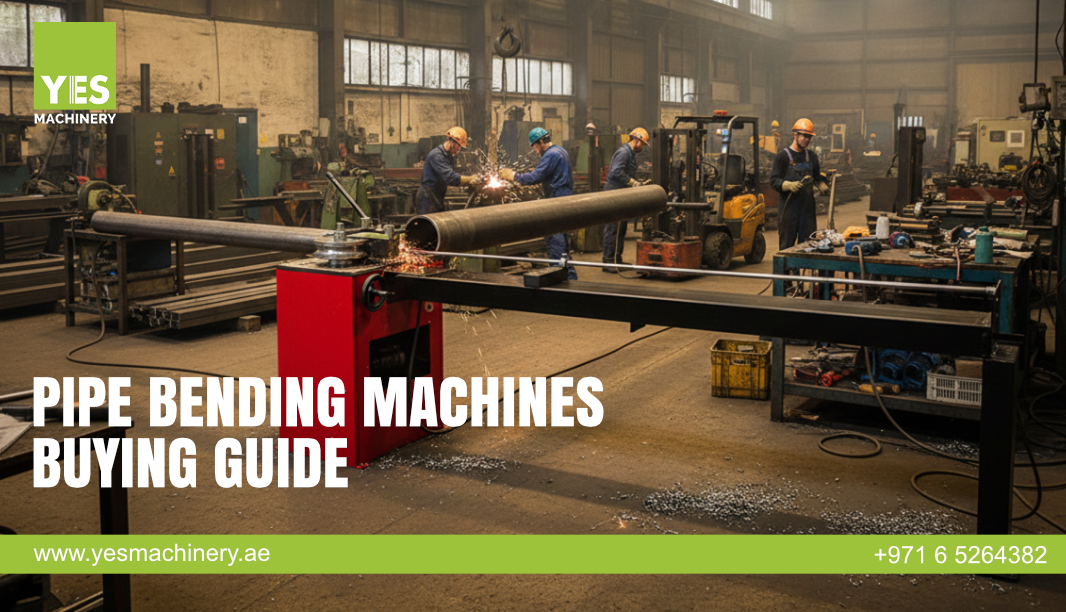
Pipe Bending Machines Buying Guide
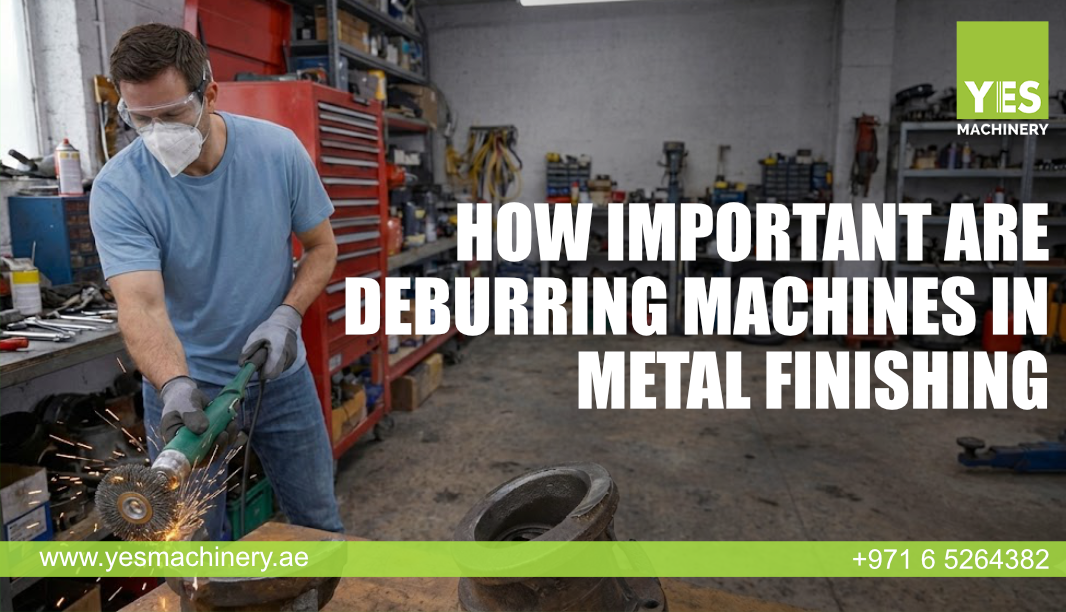
How Important Are Deburring Machines in Metal Finishing?
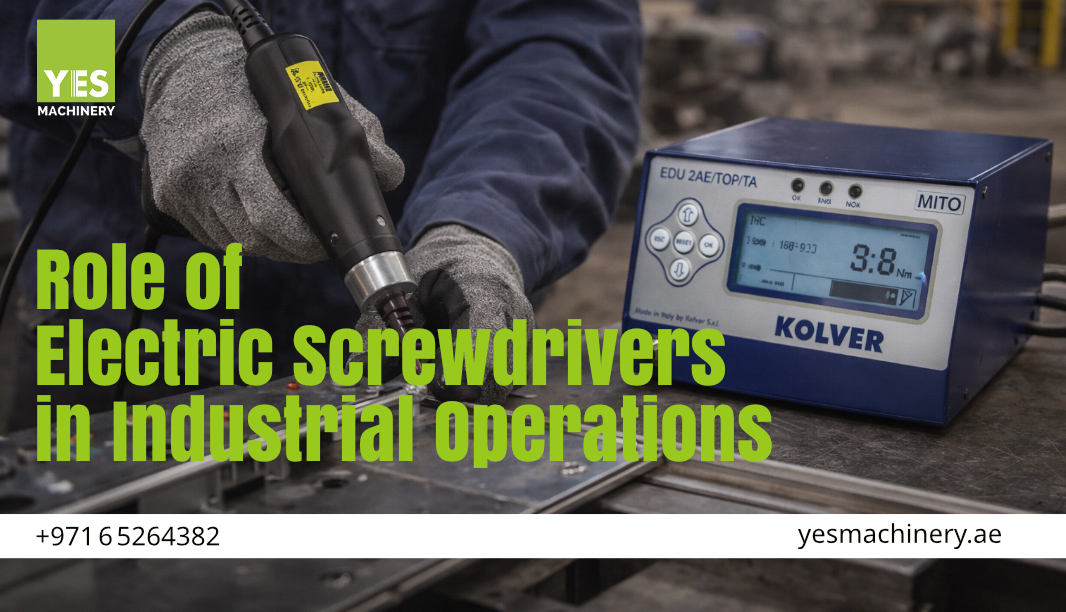
Role of Electric Screwdrivers in Industrial Operations
Categories
- Assembly and Lean
- Cleaning Machines
- Cleaning Robots
- Cutting, Notching, Punching
- Edge Preperation
- Grinding Machines
- Industrial Vacuum Cleaners
- Lifting
- Lifting and Manipulation
- Machines
- Marking Solutions
- Metal Forming
- Metal Joining and Fastening
- Packing
- Pipe Handling
- Storage Solutions
- Sweeper Tool Carrier
- Vacuum lifting machine
- Warehousing and Storage
- Welding






























